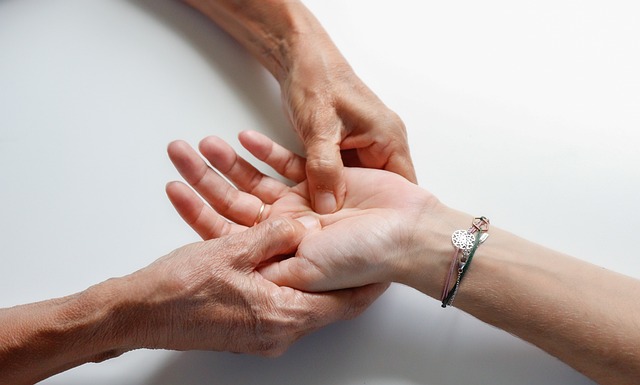Image by Maryseh
In today’s fast-paced world, finding effective ways to heal and rejuvenate our bodies and minds has become increasingly essential. One such method that has gained significant recognition is massage therapy. But what makes massage therapy so effective? The answer lies in the fascinating science of touch. In this blog section, we will explore the healing benefits of massage therapy and delve into the science behind its efficacy.
The Power of Touch
Touch is a fundamental aspect of human existence, and its impact on our well-being is profound. Scientifically known as tactile stimulation, touch triggers a cascade of physiological responses within our bodies. When skilled hands apply pressure, knead muscles, and manipulate soft tissues during a massage, it stimulates various receptors in our skin, muscles, and nerves. This stimulation promotes the release of endorphins, serotonin, and oxytocin—neurochemicals responsible for feelings of relaxation, happiness, and bonding.
Stress Reduction and Mental Health
One of the primary benefits of massage therapy lies in its ability to reduce stress and promote mental well-being. The gentle pressure applied during a massage activates the parasympathetic nervous system, responsible for the “rest and digest” response. This helps lower cortisol levels, the stress hormone, and induces a state of deep relaxation. Regular massage sessions have been shown to improve mood, reduce anxiety and depression, and enhance overall mental clarity and focus.
Muscle Recovery and Pain Relief
Whether you’re an athlete or someone experiencing chronic pain, massage therapy can be a game-changer. Through techniques like Swedish massage, deep tissue massage, and trigger point therapy, massage therapists can target specific muscle groups, release tension, and increase blood flow to promote faster healing. The manipulation of soft tissues helps reduce inflammation, improve flexibility, and alleviate muscle soreness. Moreover, massage therapy has been found effective in managing conditions such as fibromyalgia, arthritis, and sports injuries.
Boosting Immunity and Enhancing Circulation
The science of touch reveals that massage therapy can also bolster our immune system and improve circulation. The pressure applied during a massage stimulates lymphatic flow, aiding in the removal of toxins and waste products from our body. This, in turn, strengthens our immune response, making us less susceptible to illnesses and infections. Additionally, the increased blood flow resulting from massage therapy delivers oxygen and nutrients to our muscles and organs, facilitating their optimal functioning.
Final Thoughts
Massage therapy is not merely a luxurious indulgence but a scientifically-backed method for healing and promoting overall well-being. The science of touch demonstrates that the skilled manipulation of soft tissues can have profound effects on our physical, mental, and emotional health. By reducing stress, aiding muscle recovery, boosting immunity, and enhancing circulation, massage therapy offers a holistic approach to healing. So, why not prioritize self-care and experience the transformative power of touch through massage therapy?




